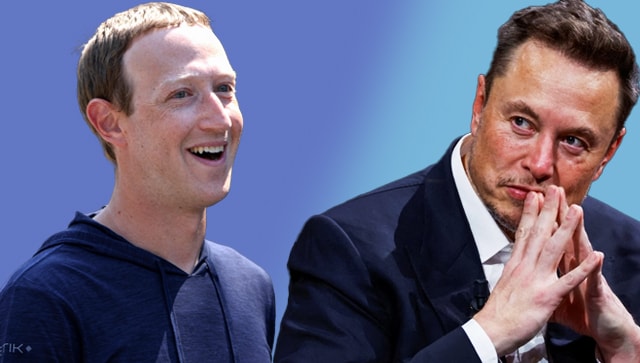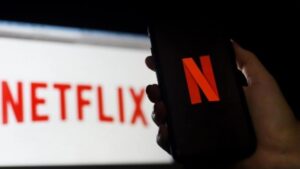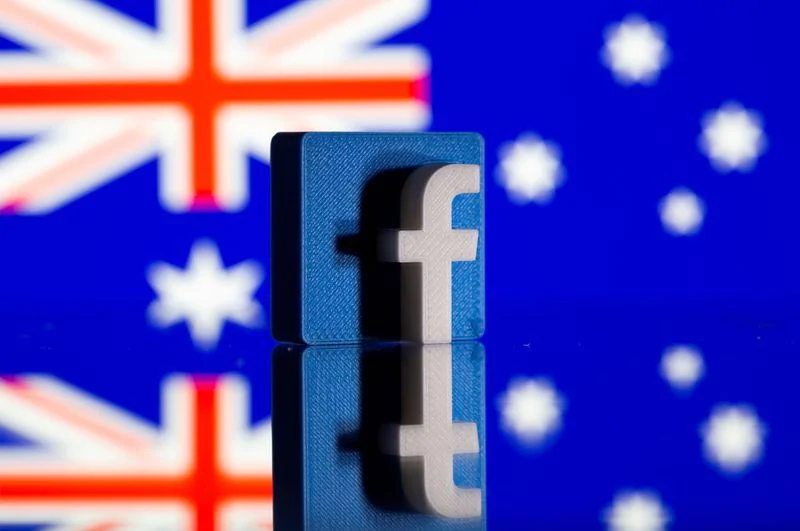It all started with a rumour that Mark Zuckerberg’s Meta was working on a new platform that would take on Twitter.
Elon Musk, who has never missed an opportunity to troll other tech magnates, from Bill Gates to Zuckerberg, tried to bait the Meta CEO by inviting him to a cage match, taunting him all the while.
Zuckerberg, for his part, played along, simply telling Musk to bring it on. Unlike Musk, Zuckerberg let his gruelling fitness regime and his MMA chops do all the talking.
Related Articles
The launch of Meta’s ‘Threads’ platform, and the subsequent response that it got, has made one thing very clear: that people on Twitter, barring Musk’s most ardent loyalists, were looking for a viable competitor.
This competitor could have come in any shape or name—Mastodon, The Bird App, or even Jack Dorsey’s Bluesky—it had, however, to be Meta, as if fate had destined this.
Threads’ explosive launch
Within 24 hours of its launch, Meta’s Threads became the fastest-growing social media platform in the history of the Internet. With all the hype, ChatGPT took five days to breach the million-user mark.
Meta, by the end of its first 24 hours, had over 30 million users, and 95 million posts. These numbers also make it one of the most engaging social media platforms on the Internet, if we look at the ratio between the number of users and the number of posts.
By no means is ‘Threads’ perfect. Just like its parent organisation, Meta, ‘Threads’ too, is riddled with some serious issues that we all should be paying attention to. It collects way too much data from its users, and the fact that users can’t delete their ‘Threads’ profile, without deleting their Instagram profile is infuriatingly absurd.
How Twitter messed things up
However, given how Twitter rubbed a lot of its users, as well as developers who made Twitter the social platform that it once, it was clear that people when they found the perfect replacement for Twitter, would jump on it right away.
The influx of users is primarily attributed to Meta’s strategic move of seamlessly transitioning people from Instagram to ‘Threads’. Joining ‘Threads’ is a smooth experience for regular users, but more importantly, it is hassle-free for brands, government officials, influencers, and celebrities. This frictionless process led to an astounding 30 million sign-ups within a mere 24 hours.
The very advantage has gone to ‘Threads’; it distinguishes itself from other platforms, such as Mastodon, known for its slightly complex registration process and supportive community of open-source enthusiasts.
It also sets itself apart from Bluesky, a temporary source of excitement and disorder that has recently faced concerns over moderation issues and remains entangled with Twitter co-founder Jack Dorsey (whose final statement was “Elon is the singular solution I trust”).
Thankfully, ‘Threads’ is not reminiscent of Twitter in 2023, with limitations imposed by Musk and unsettled financial obligations.
Musk and Twitter are insecure
Musk and his team are surely taking ‘Threads’ as a serious contender to replace them; probably, even from the zeitgeist. Otherwise, Musk’s posse of lawyers wouldn’t have threatened to sue Meta.
Meta received a letter from Alex Spiro, an advocate representing Elon Musk, which accused Meta of unlawfully misappropriating Twitter’s trade secrets and other intellectual property. This letter was initially made public by the news outlet Semafor.
According to the letter, Meta has allegedly hired a number of former Twitter employees who still have access to Twitter’s highly confidential information and trade secrets.
In response, Meta has defended itself by asserting that none of the members of the ‘Threads’ engineering team has ever been employed by Twitter. Andy Stone, spokesperson for Meta, said in a ‘Threads’ post: “No one on the Threads engineering team has previously worked for Twitter—that simply doesn’t happen.”
‘Threads’ presents the most significant challenge to Musk’s ownership of Twitter thus far. Despite facing various challenges, Twitter has seen the emergence of several potential competitors, but none have succeeded in dislodging the hitherto king of social media platforms.
Linda Yaccarino’s salvage bid backfires
In a tweet on Thursday, Linda Yaccarino appeared to indirectly criticise Meta’s new Twitter killer.
Yaccarino acknowledged the Twitter community and emphasised its irreplaceable nature. “YOU built the Twitter community. And that’s irreplaceable. This is your public square,” she said, further asserting that while others might attempt to imitate, the Twitter community could never be duplicated.
Users, however, were quick to point out the fallacy of Yaccarino’s confidence.
“Voices of those who pay matter a lot more. It’s why replies are full of blue check marks first. Some of the best responses (usually from non-blue checkmarks) are buried down. Scroll through replies here and you see. You have to go through every blue checkmark first (incl this one),” wrote a user, alluding to how verification became a paid subscription open to all.
“For 15 years I (along with hundreds of other small app developers) helped build the Twitter community, and in an instant, you made that all go away. Will you be reviving the Twitter API to its previous glory?” wrote another user, referring to Twitter’s decision to revoke access to its API, and then falsely accusing tech companies of stealing its data.
For now, Meta’s ‘Threads’ seems to be the “It” thing for a sizeable population, at least. It will be interesting to see how this actually pans out. Meta has a history of launching apps that were then lost to the Internet forever. But then, if there ever was one social media giant that could take on Twitter 2.0 and Elon Musk, it had to be Meta.
Meta isn’t monetising ‘Threads’, for now, at least. But, even if it does, it is highly unlikely that it will put services and features behind a paywall. After all, they have some experience on how to monetise social media platforms, its users, and even survive numerous backlashes on their practices to monetise.












